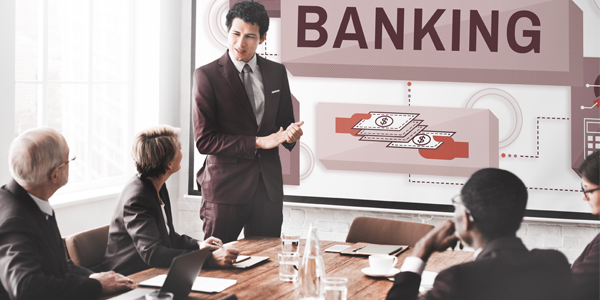Online banking etiquette

We are living in the age of internet. We live and eat on internet. From staying connected to friends to transferring fund from one account to another, all is done with one click. Visiting the bank for a transaction has become a thing of the past. Doing businesses online is fast and convenient. But this has also given rise to online frauds and identity theft.
In the year 2009, Americans have lost around $559 million in online frauds alone. When you're login in to your online banking account, there is a chance that a hacker is stealing your data at the same time. Banks are taking utmost care in protecting the data of their clients, but the hackers are always remaining one step ahead. However, this can be prevented with little practice and carefulness.
Check the security – Look for the padlock sign in your banking website. Also, more layers of security barriers would ensure safer transactions. Hence, if your banking site asks you several security questions and also requests password more than once, don’t lose patience, you're entering in a secured area. These are done to prevent the robots and hackers from penetrating into your account easily. Also, logout once you finish the transaction.
Don't store your information online: You may never store your personal information or passwords online, especially so in public computers. Also avoid accessing your account from computers located at airports, coffee shops and such.
Don't save your credit card information: You may avoid storing your credit card information on online shopping sites. It may cause you little inconvenience to put in your information everytime, but it would save you from losing big in the future.
Avoid using same password: Many of us have the habit of using same password for all our accounts to avoid inconvenience, but at the same time it puts us at a greater risk of loosing our valuable information to online scammers. You may rather maintain a small notebook where you may note down all your passwords for different accounts.
Install anti-virus and anti-spyware: In your home computer always keep updated version of anti-virus and anti-spyware software installed. Also use secured browsers while accessing your bank’s website. Firefox is considered to be safer than Internet Explorer.
It is not hard to protect your precious money with little carefulness. Often the bank would compensate the customer for any fraudulent activity in his account if it's reported in a timely fashion. But, often these frauds go undiscovered for a long time. Another way to prevent frauds in your account is by keeping close watch on your monthly account statement and informing the bank immediately of any unauthorized activity.
